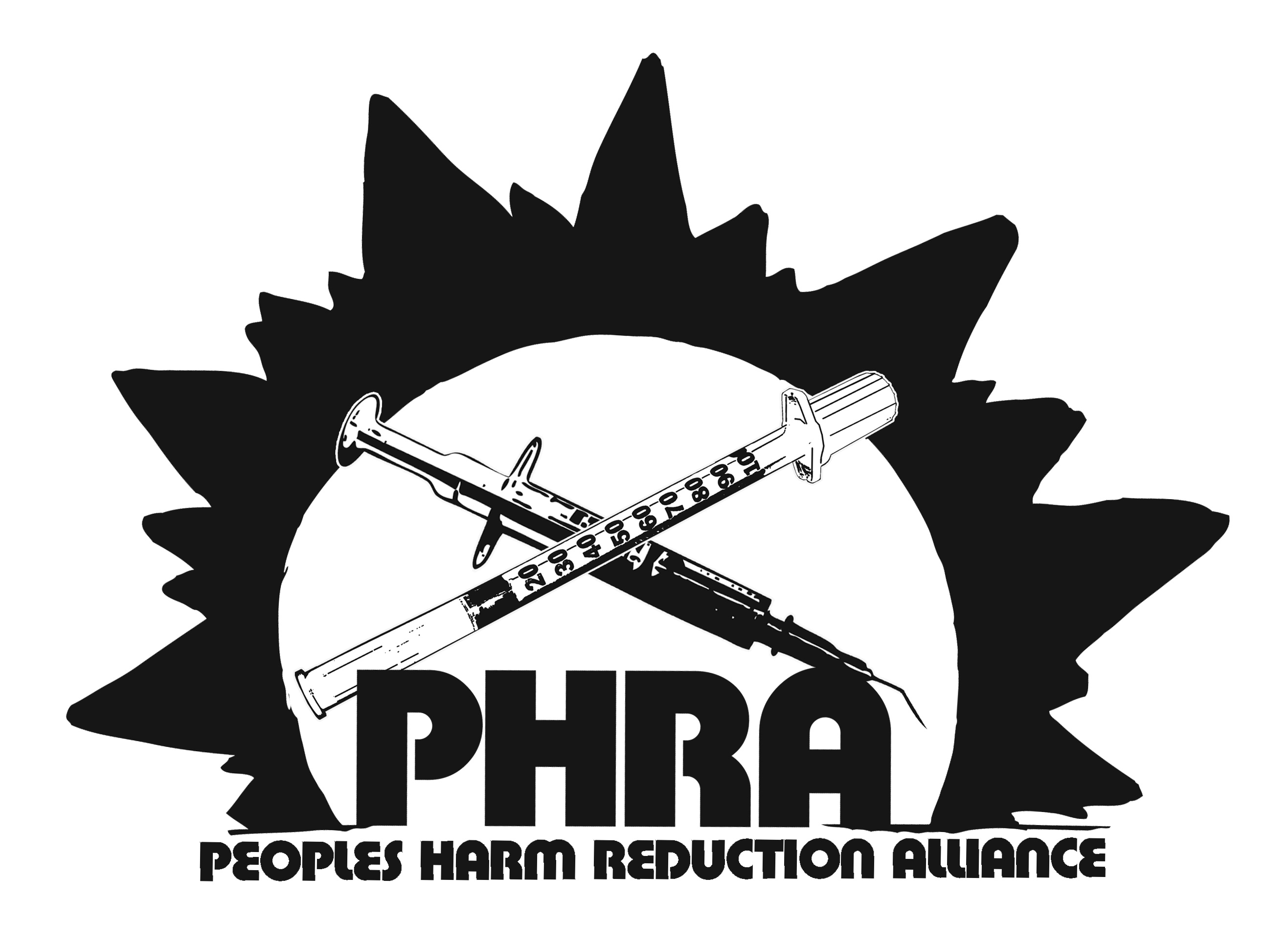Dressed in jeans and a hoodie, Shilo Murphy sits among boxes of syringes. Outside his office door is an alley behind University Way Northeast in the University District. “I’m a street kid … and I’m using drugs,” Murphy says.Eighteen years ago, Murphy says he met Bob Quinn, founder of the University District Needle Exchange. In 1997, Murphy started working with Quinn’s needle exchange, which went through several institutional changes before finally becoming the People’s Harm Reduction Alliance in 1999. These days Murphy is the PHRA’s executive director.
“I wanted to change the conditions of my friends and family. I was living in the streets,” Murphy says of his needle-exchange start. “We’re a user-run organization, so active drug users make all of our decisions. … We’re a living, breathing organization in that we constantly change our policies by the needs of people we serve and our bosses are the people we serve.”
The PHRA currently counts more than 100 volunteers serving three counties—and it seems they have their work cut out for them. Demand for needle distribution has increased significantly in King County over the past six years, the King County Public Health office reports. Needle distribution in the county went from 3.3 million in 2008 to 5.75 million in 2013, according to the Public Health office. These numbers include needles distributed by both the King County Public Health and community-based needle exchanges.
Though there has been a moderate increase in heroin use in King County, according to the University of Washington Alcohol and Drug Abuse Institute—along with a general increase in other parts of Washington, and across the nation—Michael Hanrahan, education and prevention manager for the county’s HIV/STD program, speculates that the increase in needles being exchanged isn’t because there are more drug users. Rather, Hanrahan attributes the increase to safer practices. Simply put, he says users aren’t sharing or reusing needles as much. And he says the King County Public Health was able to reach the same conclusion from various surveys done with injection drug users over the past 20 years, including regular intercept interviews with needle exchange customers across the county.
“Although [heroin use] is a partial contributor to the increase in [needles exchanged], I don’t think it’s the main driver,” says Hanrahan.
In the late ‘90s, local survey data indicated that 50 to 65 percent of King County drug users had shared needles, Hanrahan says. More recent data from a national HIV behavior surveillance survey of injection drug users show that since 2012, only 20 to 30 percent have engaged in the practice.
Hanrahan adds that the County has seen the number of HIV infections in injection drug users decrease by more than half over the past 20 years, and says he “strongly” believes that this is due to the increased access to sterile equipment provided by needle exchanges.
Yet, safer drug-use practices don’t decrease chances of overdose, Hanrahan is quick to point out.
“Needle exchanges provide syringes and equipment to use drugs in a way that will cause less harm. Overdose is related to a number of factors, not the least of which is the strength or the quality of the product that’s being used,” he says. “A clean syringe isn’t going to keep you from overdosing.”
While that’s undeniably true, needle exchanges do more than simply distributing clean rigs. Many provide Naloxone, a drug that will reverse the effects of opiate overdose. Others help connect users to treatment, provide testing for infections to which users are prone, and offer counseling and education for case management and harm reduction education. King County spends $1.2 million per year on needle exchange, according to King County’s needle exchange website.
Washington’s needle exchange programs date back to the late 1980s when Dave Purchase, a Tacoma biker who passed away in January 2013, started one of the first legally founded needle exchange centers in the United States.
Murphy said Quinn was also involved in establishing needle exchanges in Seattle. He became part of the AIDS Coalition to Unleash Power (ACT UP), which created the Downtown Seattle needle exchange, now located at the Robert Clewis Center. In addition, King County operates needle exchanges in Capitol Hill and South King County, while community-based organizations like the PHRA serve other parts of the county.
“I think [needle exchanges are] important so that a new generation of drug users don’t have to go through the pain and suffering when we had to bury so many people who overdosed, so many people who committed suicide because society hated them so much,” says Murphy from his University District office. “I wanted another generation to have the opportunity to have a better life.”
news@seattleweekly.com




